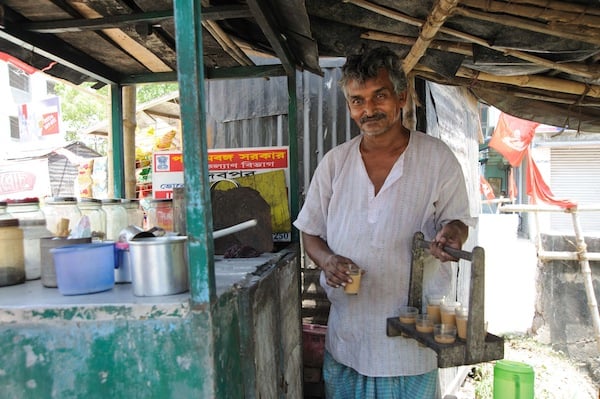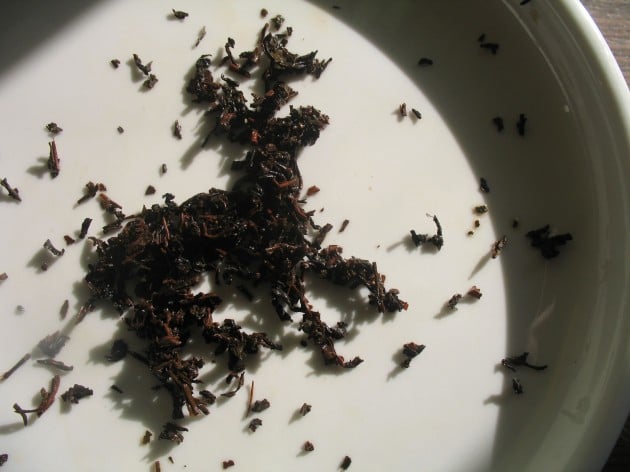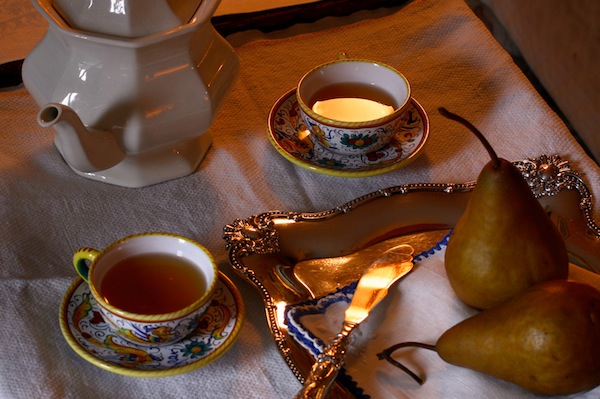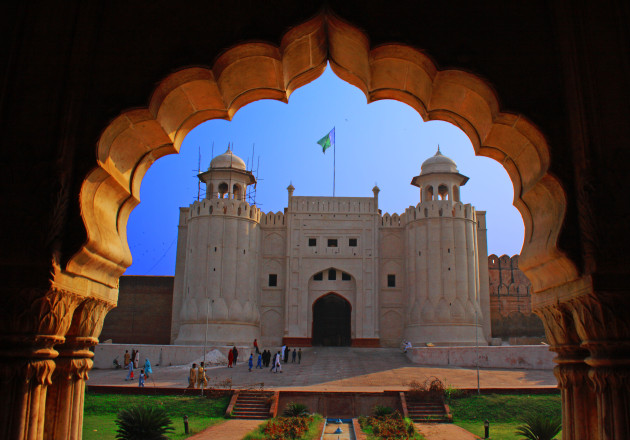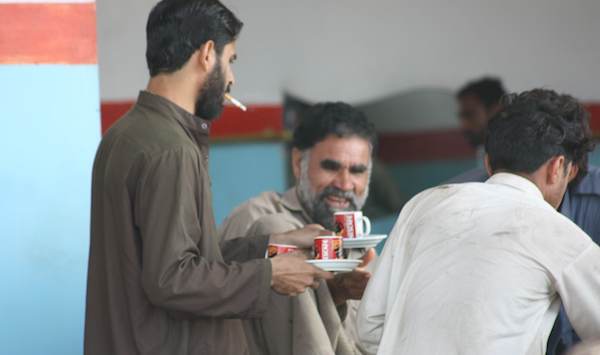5 Questions and Answers About Tea Culture in Pakistan
The Republic of Pakistan: home of the Karakoram mountain range, a unique culture that’s withheld the test of time, and the world’s sixth largest population. A nation ideal for travel. Add to that Pakistan’s massive sea port, irrigation system (the largest in the world) and sprawling salt mine (second largest), and you’ll find your interest more than piqued when considering this country as your next business stop.
Social encounters in Pakistan often involve tea. While discussing business plans with clients, you’ll no doubt be invited for a cup, and thus drawn into the intricacies of Pakistan’s fascinating teatime customs. Whether for business or simply social purposes, you’ll want to know proper etiquette to avoid offending your host or damaging a potential client relationship. Here we answer the top 5 questions about teatime in Pakistan.
1. What kind of tea is drunk in Pakistan?
Black tea. On average, a Pakistani will consume over two pounds of tea every year, the majority of that being the favored black leaf. Loose tealeaves are used to make the tea, with milk and sugar added to provide a pinch of sweetness. Traditionally, Pakistanis offer a sweeter tea to laborers, to give them that extra shock of energy for their physical labor. However the trend has spread and people of all social classes and professions at times will drink a much sweeter tea with milk.
2. When is tea drunk in Pakistan?
Given that Pakistan is the third largest importer of tea in the world (with 80% of imports coming from Kenya), one can only imagine how much tea the population consumes on a daily basis. The answer: a lot. Local Pakistanis start their day with a tea at breakfast, enjoy a few cups during the lunch break, and drink again in the evenings once they’ve retired home for the night.
3. How does tea culture carry over to business?
Expect a full cup at the meeting roundtable and accept tea invitations extended by clients. Should you be meeting in a client or colleague’s home, accept your cup politely and stray away from business-related topics as your tea steeps. Your host will want to enjoy a couple of cups with you before diving in to the business dealings. Due to the traditional customs of taking one’s tea, meetings can drag out longer than Western businesspeople are used to. Take it all in stride: learn to sit with patience and enjoy your cup with company before wheeling and dealing.
4. What is proper tea etiquette during social or business meetings?
Tea customs are extremely important in the Pakistani culture. When enjoying a cup with new acquaintances, be sure to remember these helpful hints. First, never turn down a cup of tea. Always be sure to take the cup, even if you only touch your lips to the rim or gulp a few sips. Additionally, never fill you’ll own cup. This shows disrespect to your dining partner, as it is expected they be aware of when your glass is empty and needs to be replenished. Likewise, be sure to refill their glass whenever it is less than half full.
5. Is it necessary to toast my host when having tea?
Although not necessary, toasting to your host is an international sign of appreciation and deference. Model your decision to make a toast based on your dining company. If you are an honored guest, make your own toast soon after the head of the meal does, or at the end of the tea/dining session before the present company disperses.
Keep in mind you’ll need a good grasp on the local language if you plan on making a toast or chatting with ease over tea with your business connections. Take Urdu lessons before traveling to Pakistan, and impress your hosts by speaking and understanding their native language. Contact us for classes, and raise a teacup to your upcoming business travels, as you embark on an adventure into a delicious new culture and rich new customs.

